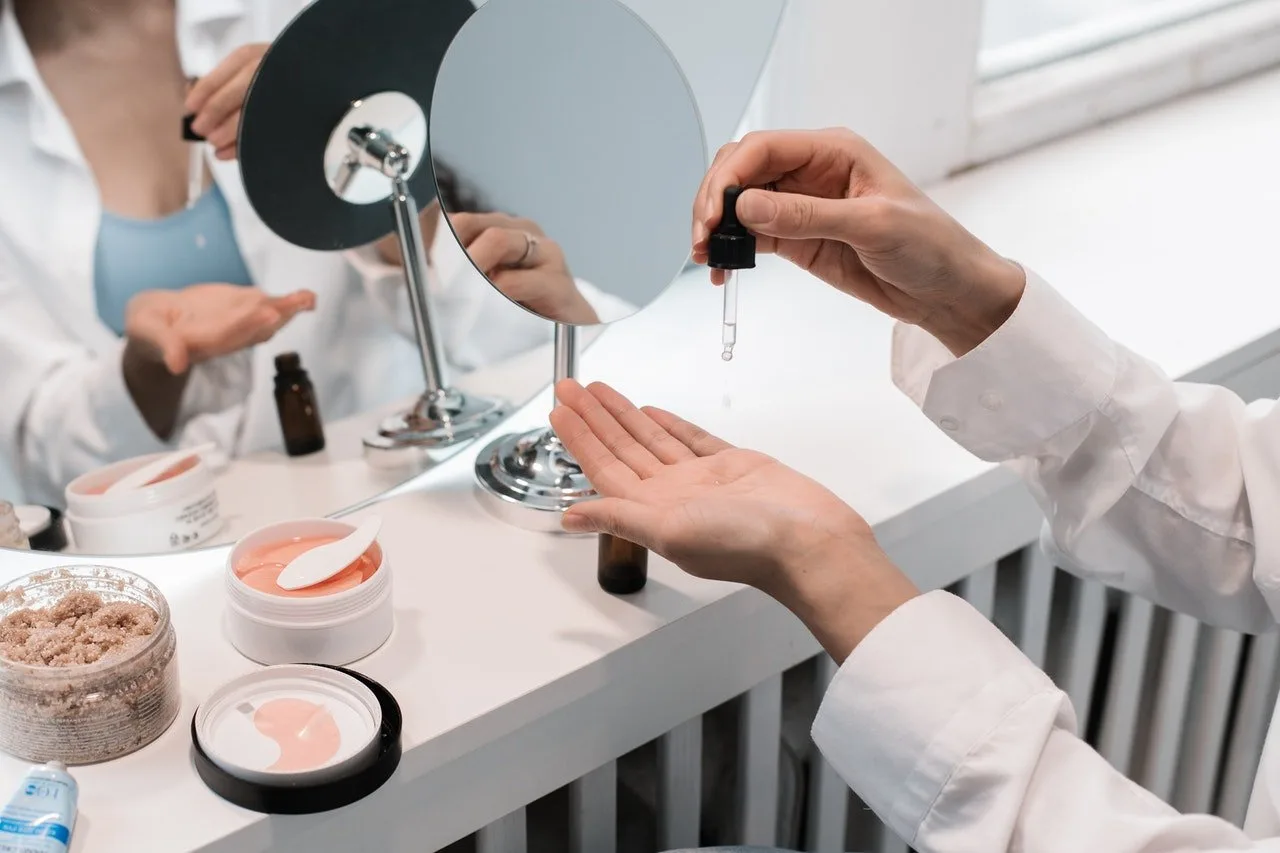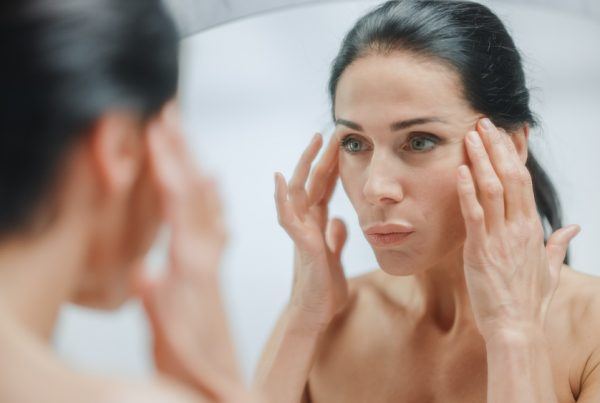There are around 8.3 million people who want animal testing to end for good – that’s a lot of people. Today, shoppers are wanting more transparency and ethical practices across virtually all aspects of our life – whether we’re spending less on fast fashion and more on second-hand stores, as well as putting down an expensive brand for fair trade labels, or checking our favorite glow tanning product for cruelty-free labels in the beauty aisle. Shoppers want to feel confident that nobody was harmed or exploited in the making of the product.
Research has found that we are willing to pay more for products that are ethical and sustainable. Because there is a growing demand for moral products, more and more brands are catering to it. For some of us, we are very passionate about avoiding brands that test on animals at all costs – there is no wriggle room for us to give our money to companies that harm animals.
For the rest of us, while we may care about animal rights, we might be hesitant to put down our favorite foundation or body lotion that was tested on animals.
We all have our holy grail products and items that we genuinely don’t think we could live without – but there are always just as good alternatives out there that you can branch out into. After all, variety is the spice of life – and beauty store aisles are our oysters! We look into the top reasons to go cruelty-free if you haven’t decided to already.

Photo by Eva Nouhet on Unsplash
Cruelty-Free Products Are Better For Us
Did you know that the skin is the biggest organ in the body? Yes, that’s right, the skin is an organ.
So it makes sense that we need to be gentle and look after it with high-quality products. Cruelty-free products have a proven safety record and have fewer toxins and harsh chemicals, so they are generally better and healthier for the skin than products that have been tested on animals.
If you’ve experienced a negative skin reaction before, be aware of how this can take a toll on how you generally feel. Switching to vegan and cruelty-free products reduces the risk of this. There are plenty of cruelty-free brands out there that use natural and organic ingredients that we know are safe for us.
On the other hand, some brands choose to use potentially harmful ingredients that are cheaper. So, when you buy beauty products that aren’t cruelty-free, you’re giving money to brands that don’t use the best quality ingredients and only care about profit.
Tata Harper
Founder of her namesake brand, which has vegan products, told the New York Times:
“Beauty follows food because we use a lot of the same ingredients… If they’re good to ingest, then they’re typically great to apply topically.”

Photo by Pavel Danilyuk from Pexels
There are safer alternatives to animal testing
Testing on animals doesn’t mean a product is safer – animal testing is completely unnecessary. Sadly, countries like China make animal testing compulsory if you want to sell a beauty product in their country. Because of this, many brands will start testing on animals, so they can sell to a country of around 1.4 billion people.
According to PETA, animal testing can be unreliable as human bodies may react differently to other species. There are better alternatives like in-vitro testing, which is much more reliable – but some brands choose not to use this simply because animal testing is cheaper.
In-vitro testing involves cells being taken from a person and tested on in a laboratory setting. Brands that continue to test on animals don’t do so because they have to, but because they choose to. It’s important to learn the difference and what makes brands inherently unethical.
Many Countries Have Made Cosmetic Animal Testing Illegal
Countries including India, Israel, New Zealand, Norway, South Korea, Switzerland, as well as the European Union, have banned animal testing for cosmetic products. This should give us an idea of how cruel and unnecessary it must be.
You Can Help Them Change The Norm
Every time you choose not to give your money to a company that tests on animals, you’re sending a message. The more people that do this, the more pressure these companies will be under to change the way they work and to appeal to people like you. Vote with your money and boycott the companies that harm animals – while this is a small change, it could have a big impact on the lives of laboratory animals.

If your favorite brands of products are from companies that test on animals, do some research online about cruelty-free dupes.
There is plenty of information out there created to help people like you get all the information you need to transform your beauty products.
YouTube can be a great place to start with reviews of these products, too. Going cruelty-free isn’t difficult. With so many options being available on a budget, looking and feeling good guilt-free has never been easier.
References
-
https://www.reutersevents.com/sustainability/brands-can-no-longer-ignore-83-million-people-who-want-end-animal-testing
-
https://www.inc.com/melanie-curtin/73-percent-of-millennials-are-willing-to-spend-more-money-on-this-1-type-of-product.html
-
https://www.nationalgeographic.com/science/article/skin-1
-
https://www.nytimes.com/2019/02/26/style/why-you-should-care-about-vegan-beauty.html
-
https://www.cosmeticsdesign-asia.com/Article/2020/09/09/China-animal-testing-Limitations-remain-for-companies-seeking-exemption-from-animal-tests
-
https://www.worldometers.info/world-population/china-population/
-
https://www.peta.org/issues/animals-used-for-experimentation/animal-testing-bad-science/
-
https://www.bioalternatives.com/en/how-is-in-vitro-testing-done/
-
https://www.crueltyfreekitty.com/makeup/10-cult-makeup-favorites-and-their-cruelty-free-dupes/





![women [longevity live]](https://longevitylive.com/wp-content/uploads/2020/01/photo-of-women-walking-down-the-street-1116984-100x100.jpg)








